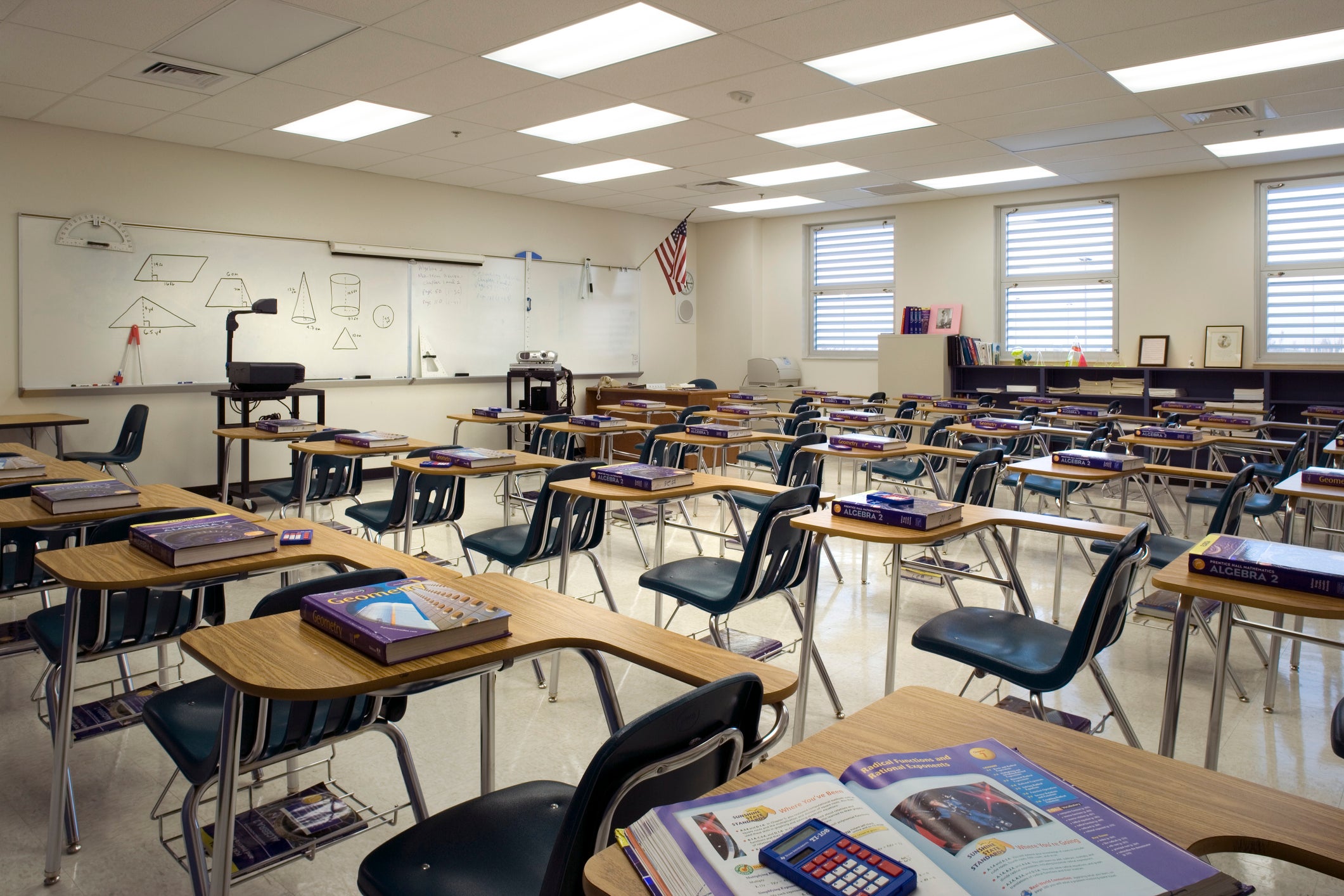
Math and reading test scores for elementary school students nationwide fell significantly between 2020 and 2022, a sobering indication of the pandemic’s effects.
The declines undo decades of academic advancement. A national test saw math scores drop for the first time since the test’s inception in the early 1970s, and reading scores fell more sharply in just two years than they had in more than 30 years.
While some politicians made public schools a battleground ahead of elections– from banning books to concerns about teaching history– there was less focus on whether students were getting the resources and education they need to thrive.
The results show that math scores dropped for the first time since the test’s inception in the early 1970s and reading scores fell more sharply in just two years than they had in more than 30 years.
The declines affected almost all races and income levels, but the lowest-performing students were hit hardest. According to the assessment, the average scores for nine-year-old students in 2022 declined five points in reading and seven points in mathematics compared to 2020.
“I was taken aback by the scope and the magnitude of the decline,” said Peggy Carr, Commissioner of The National Center for Education Statistics, which administers the test.
“The big takeaway is that there really are no increases in achievement in either of the subjects for any student group in this assessment — there were only declines or stagnant scores for the nation’s 9-year-olds.”
The results of the National Assessment of Educational Progress, a standardized test administered annually to students across the nation for the past 50 years, were released on Thursday. The data shows the extent to which the pandemic impacted learning outcomes for America’s students, especially those who were most vulnerable even before the pandemic.
“It’s clear that COVID-19 shocked American education and stunned the academic growth of this age group,” Carr said. “No other factor could have had such a dramatic influence on student achievement in a relatively short period of time.”
In addition, the results confirmed that the achievement gap widened during the pandemic, particularly between Black and white students.
“In mathematics, the 13-point score decrease among Black students compared to the 5-point decrease among white students resulted in a widening of the white-Black score gap from 25 points in 2020 to 33 points in 2022,” according to the report.
According to USA Today, Education Secretary Miguel Cardona said that the new data should prompt states to use their federal COVID-19 relief aid on initiatives to assist students in catching up, such as tutoring, hiring more qualified teachers and after-school programs.
“This is our moment to catch our students up using American Rescue Plan dollars and with the same sense of urgency that guided us during the height of the pandemic disruption,” Cardona said. “Our students need our best now.”
In October, the National Center for Education Statistics will release additional results from nationwide tests.